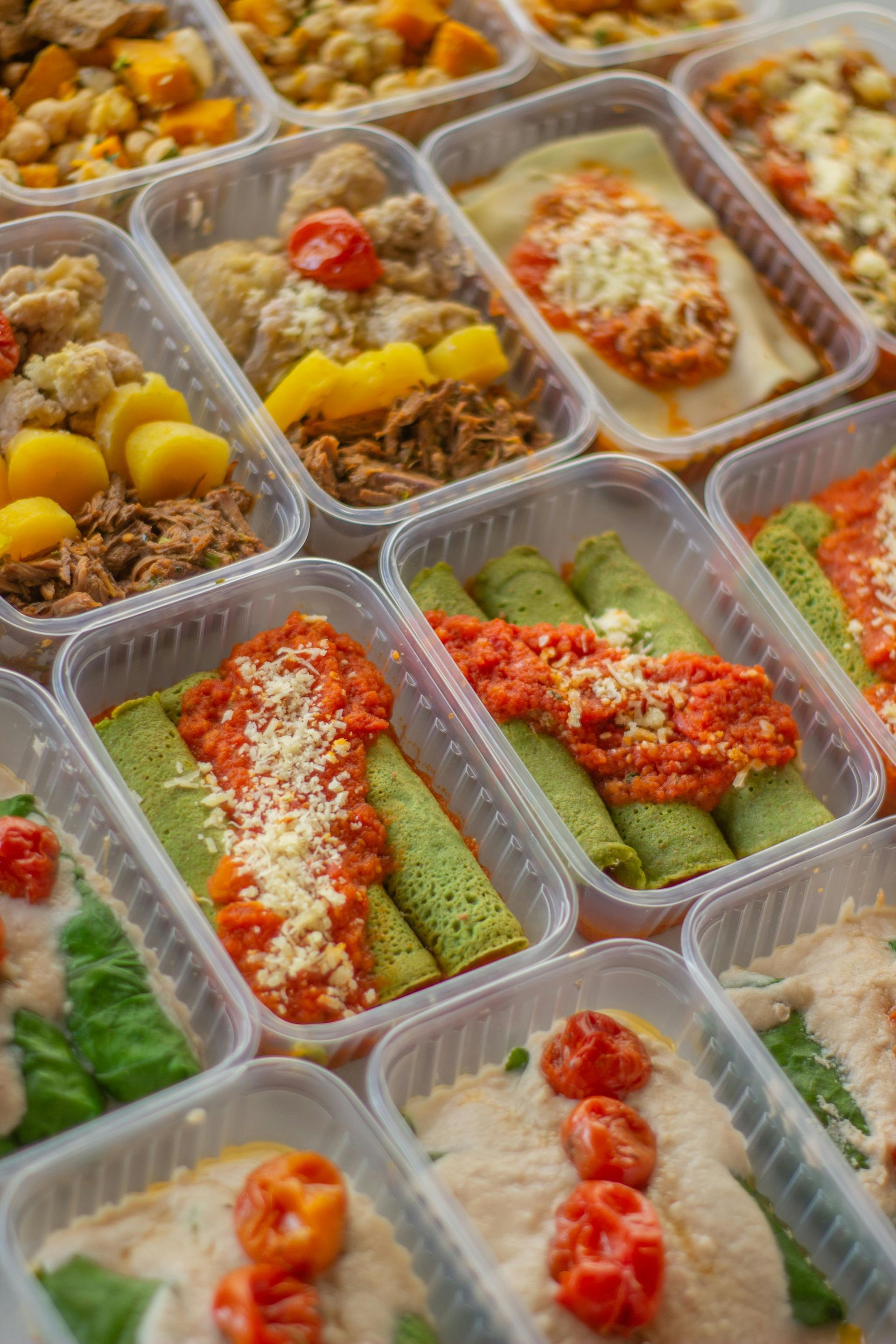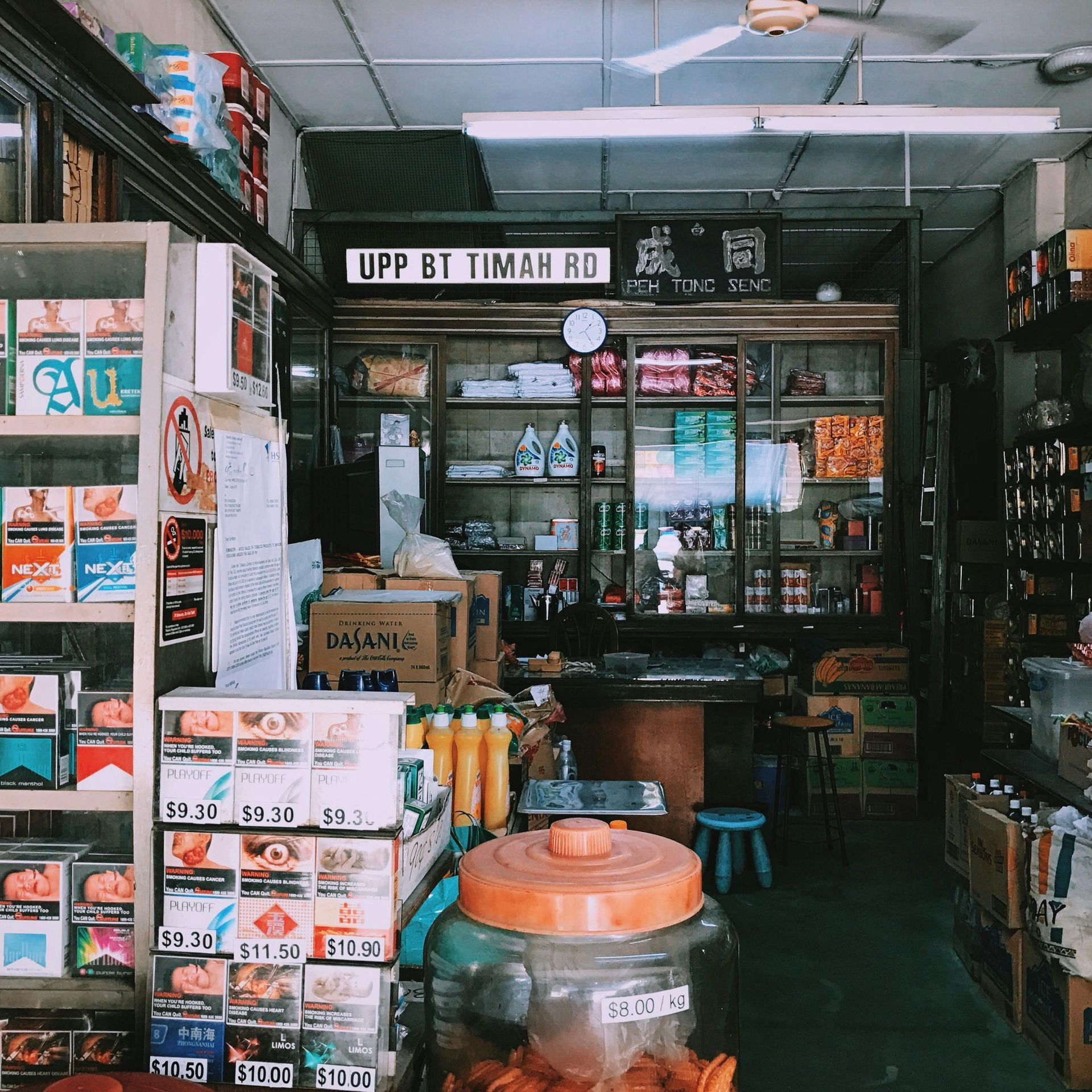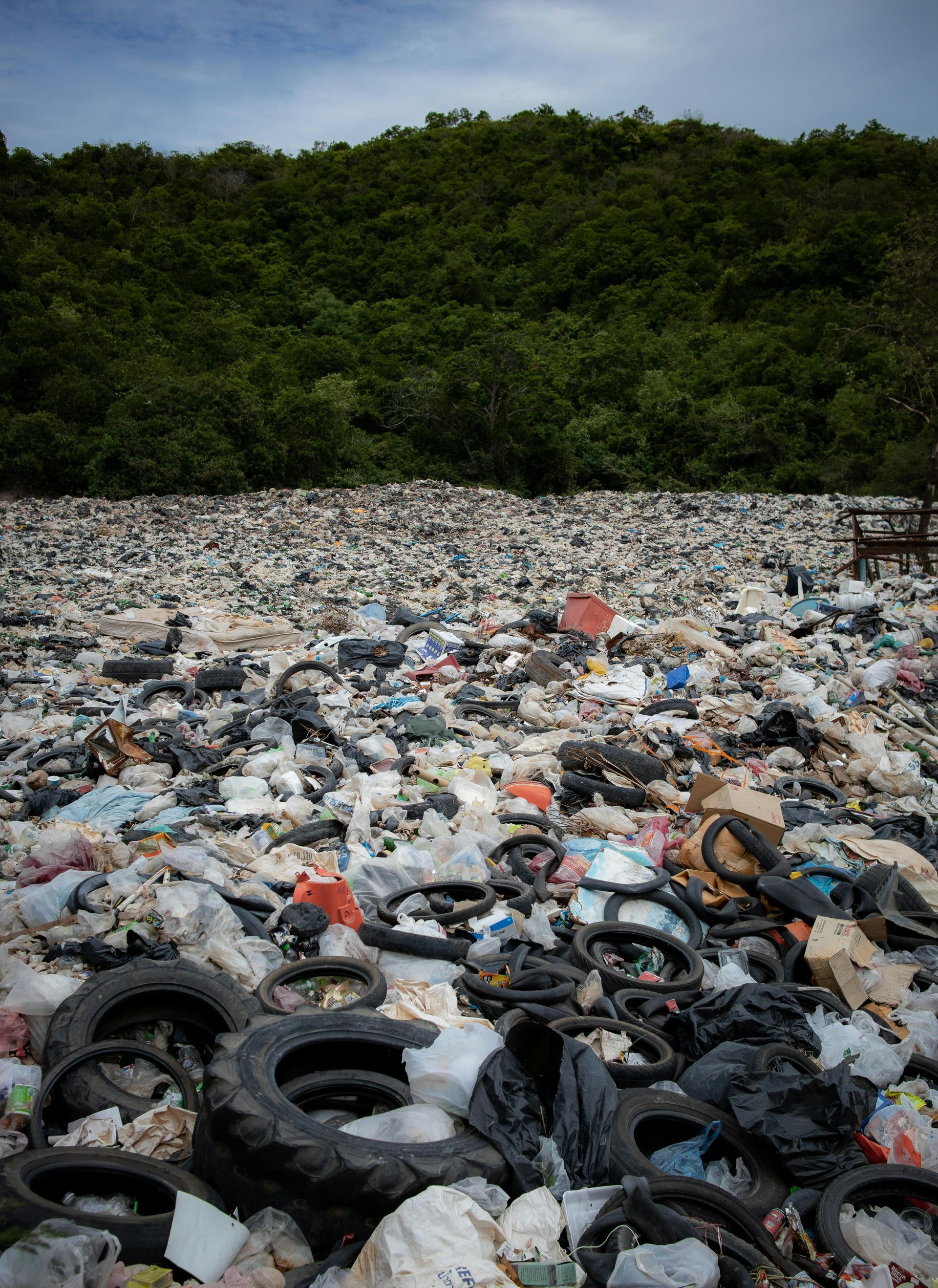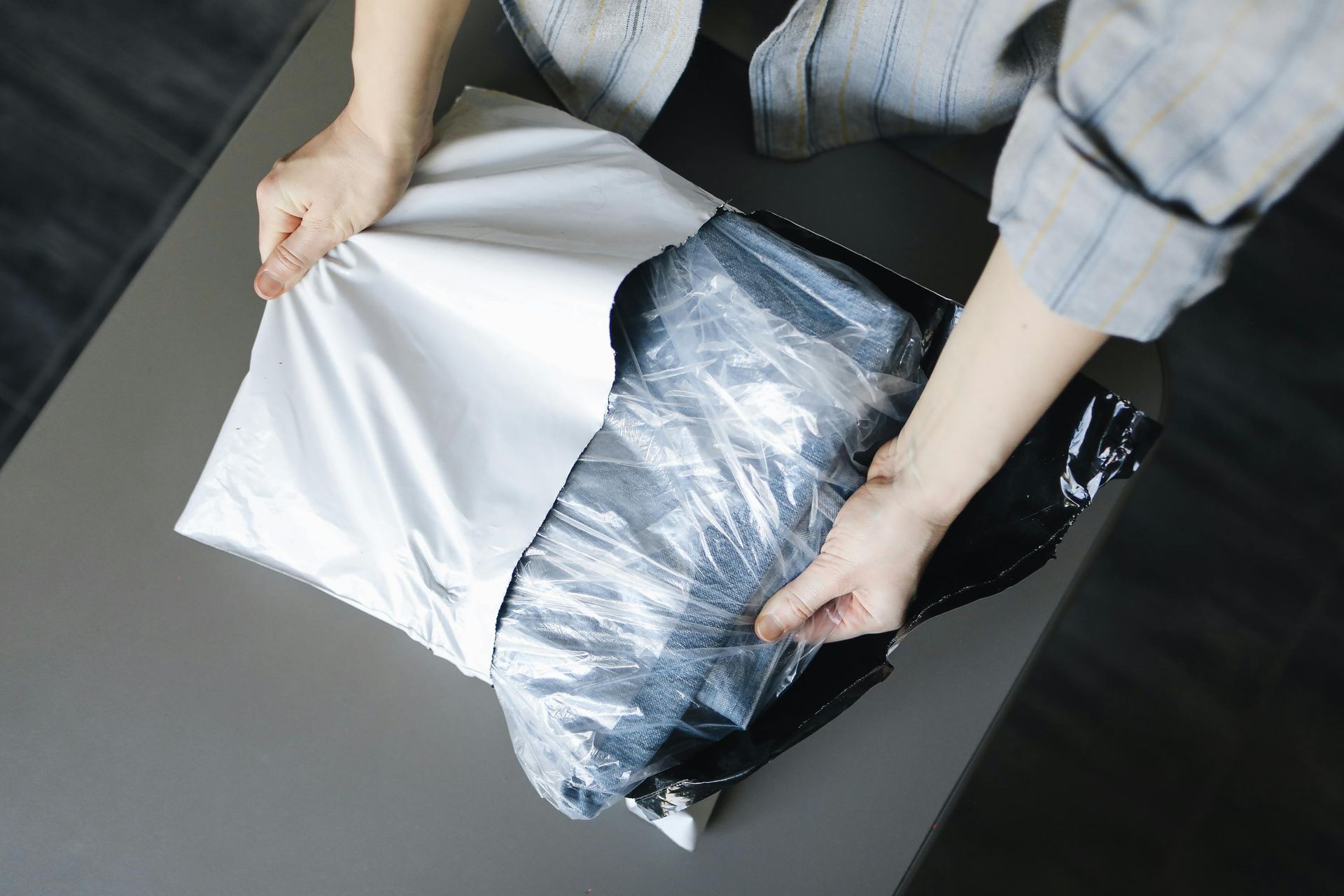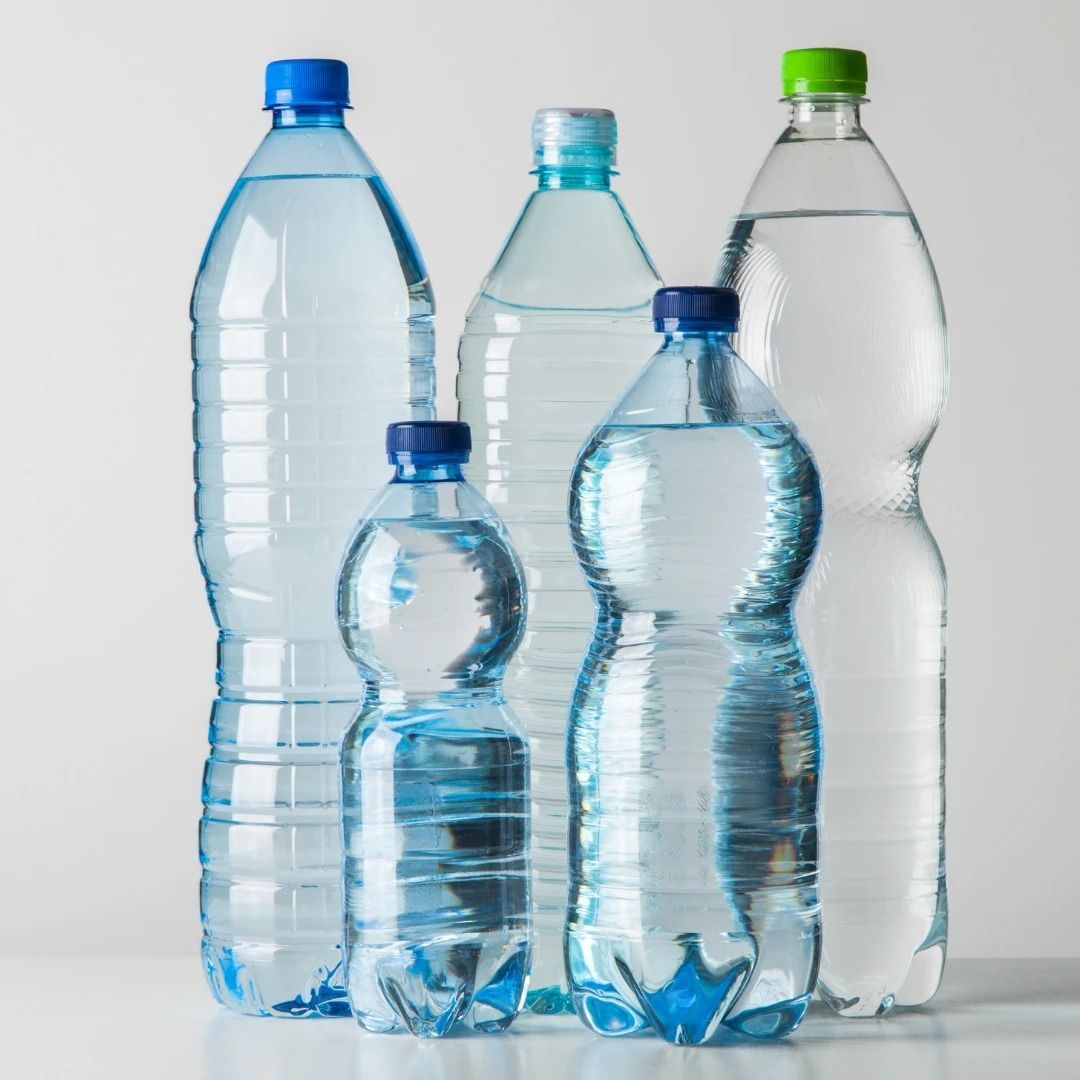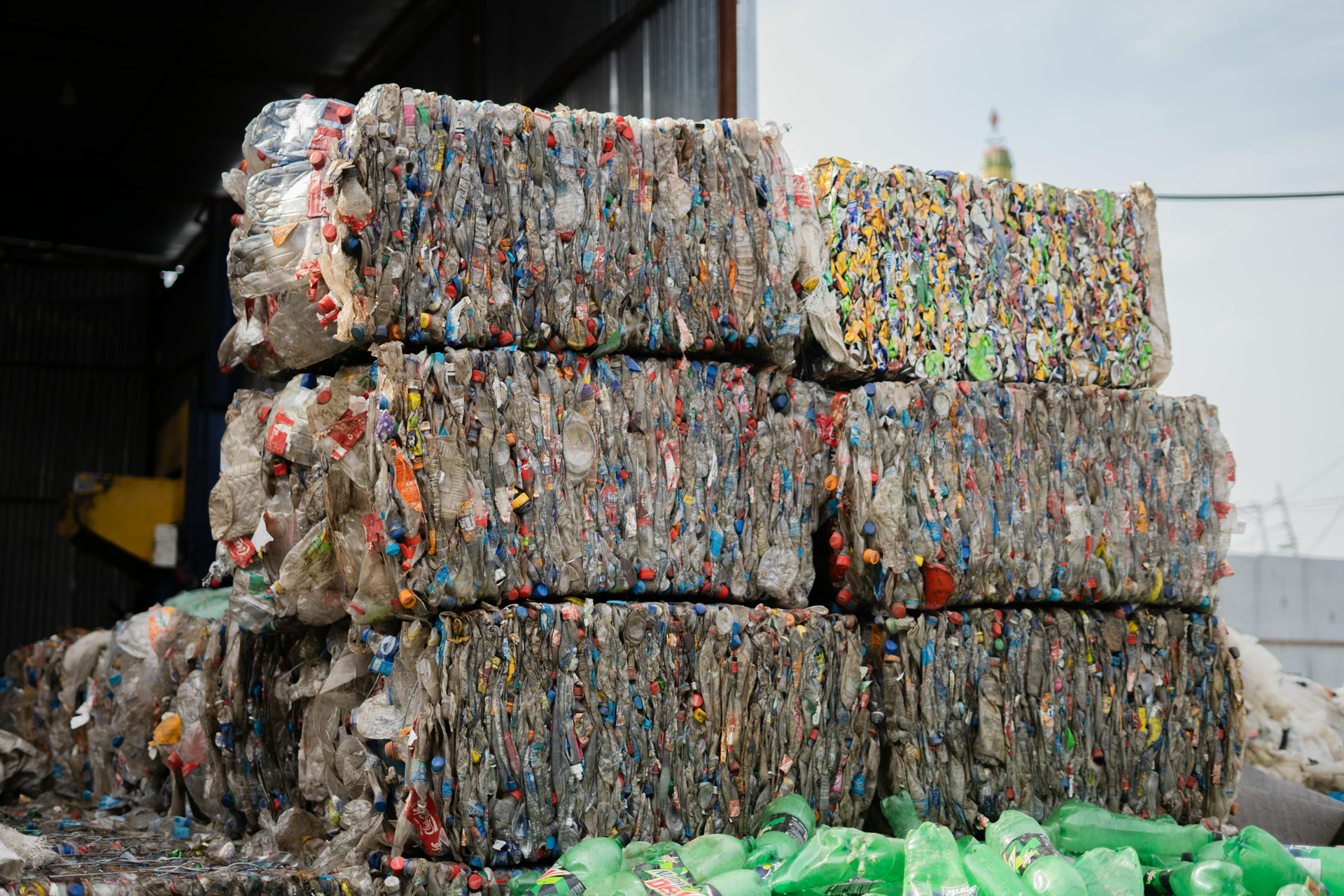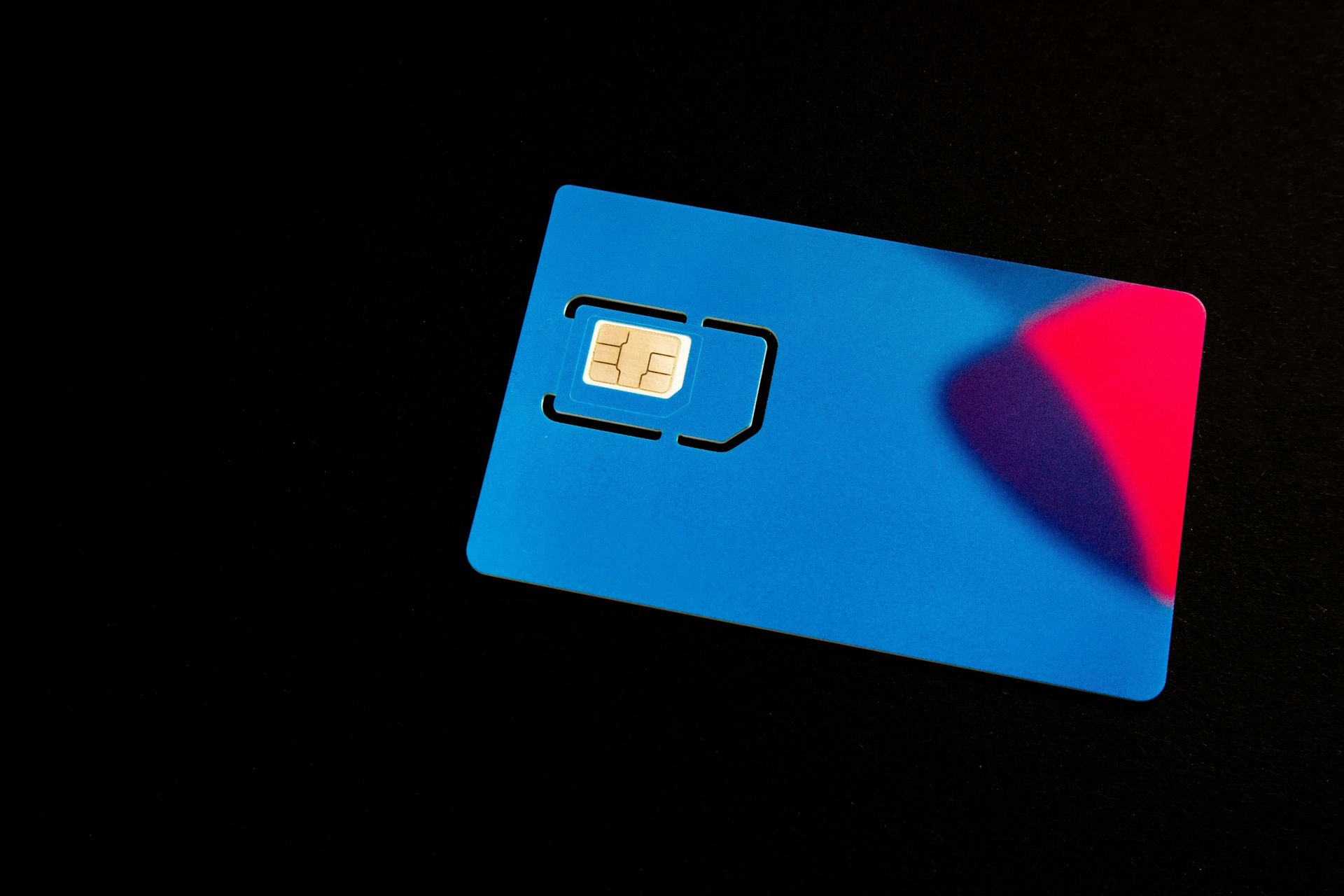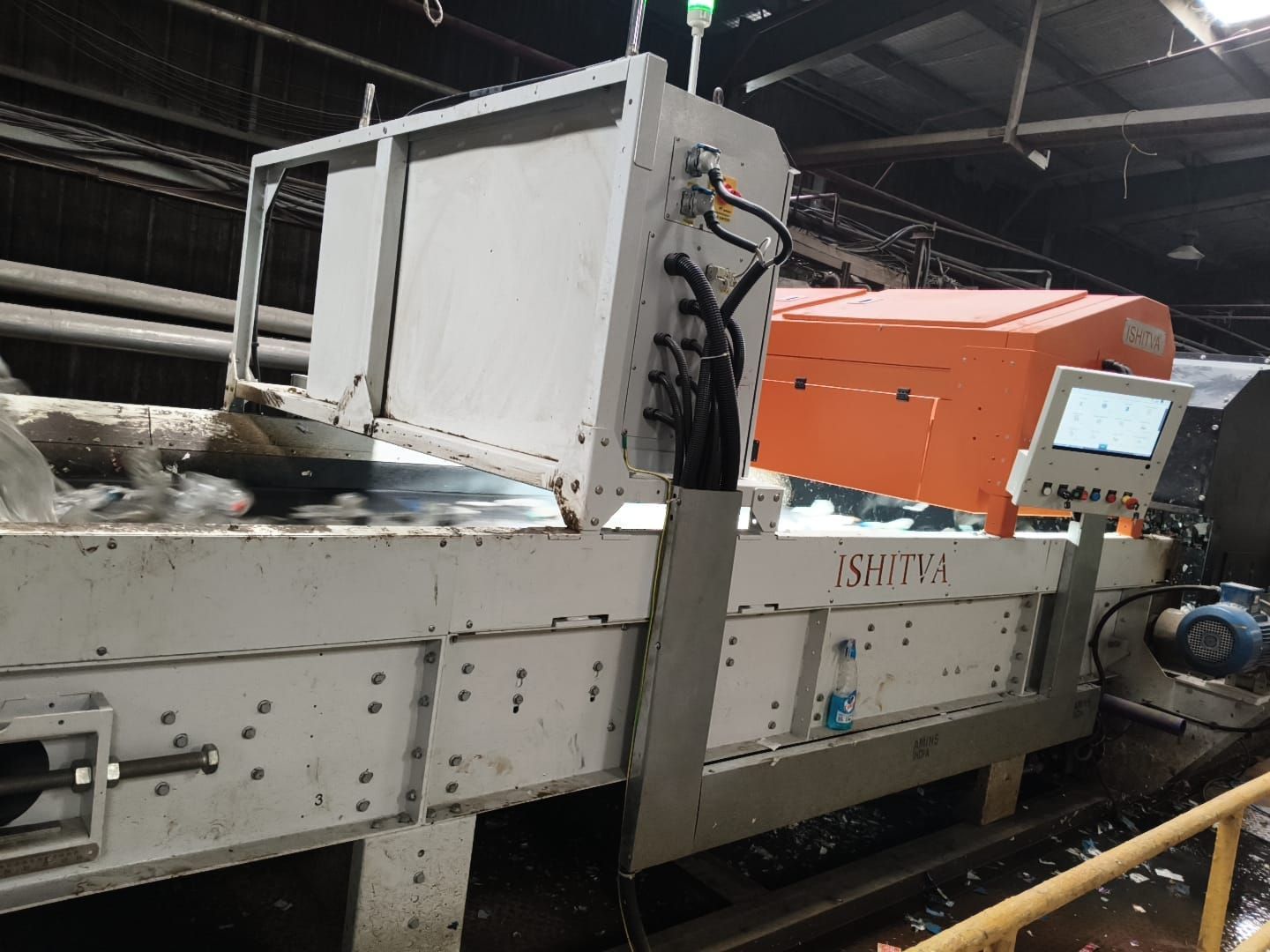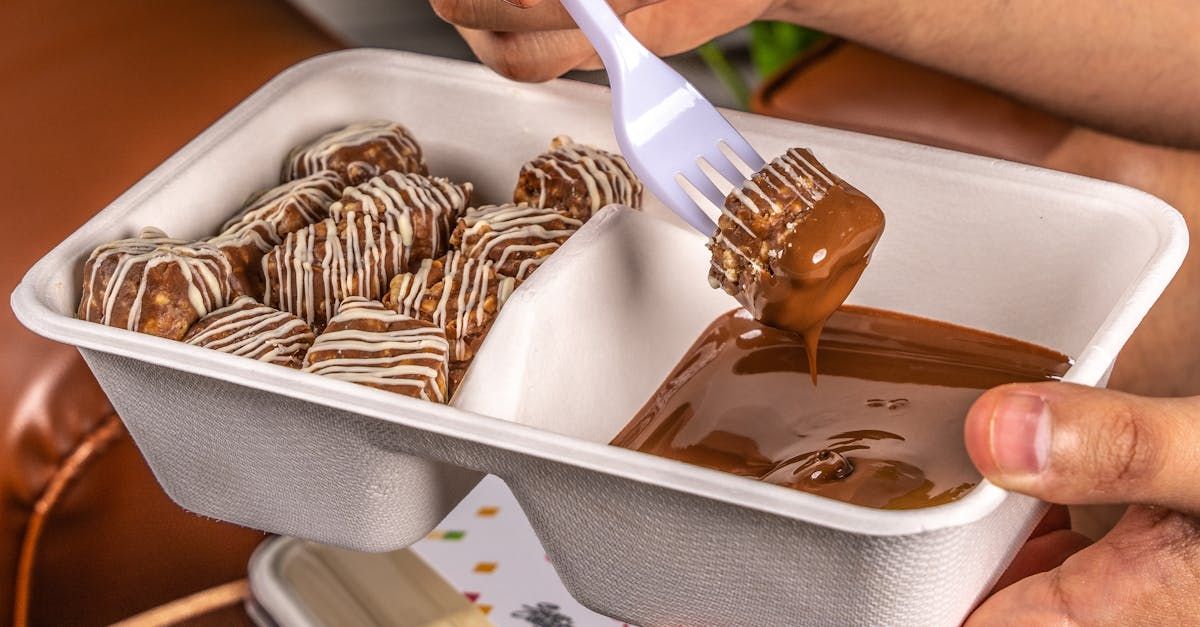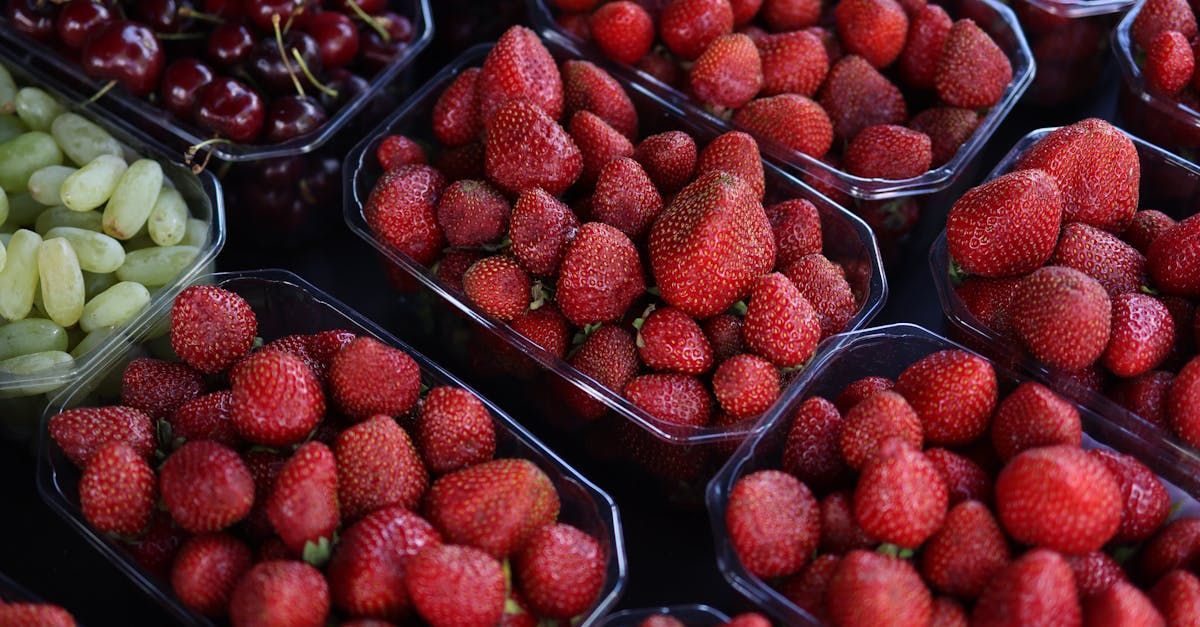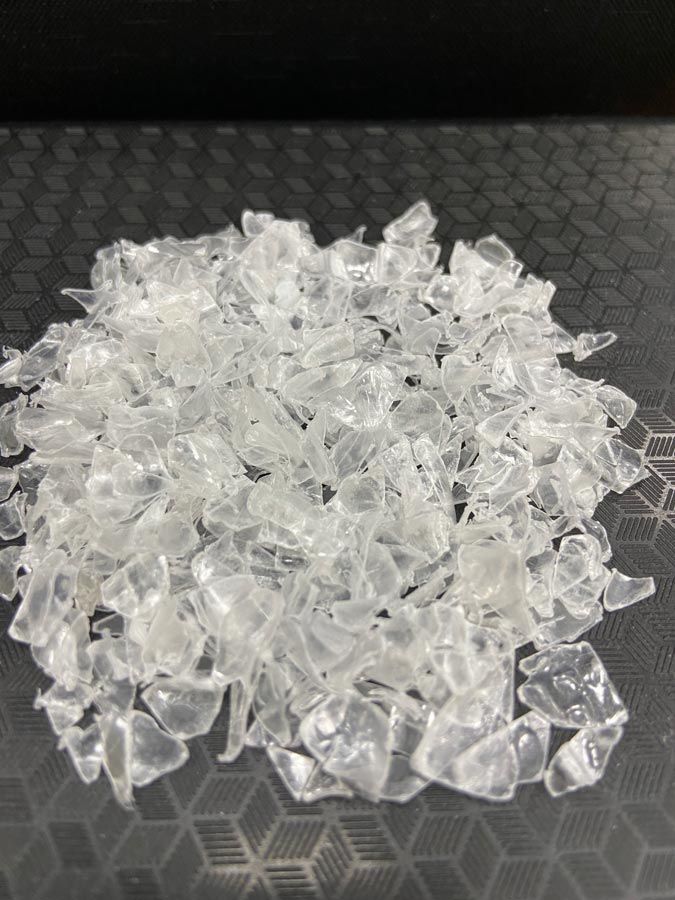Let's talk about a challenge that's on everyone's mind: Sustainability
Your customers demand it, global standards require it, and the planet needs it. But meeting ambitious environmental mandates can feel like a complex puzzle, especially when it comes to packaging. What if the solution was not only readily available but also backed by powerful data?
Enter recycled high-density polyethylene (rHDPE). This isn't just another plastic; it's a proven tool in the fight for a circular economy. By choosing packaging made from rHDPE, you're not just making a sustainable choice—you're making a smart, data-driven business decision.
Cut Carbon, Not Corners: The 88% Advantage
Every new product comes with a carbon price tag, but rHDPE offers a steep discount. Manufacturing with recycled HDPE is remarkably efficient. In fact, multiple life cycle assessments have shown that producing rHDPE can reduce energy consumption and greenhouse gas emissions by a significant margin. One analysis found that using recycled HDPE resin reduces total energy consumption by 88% compared to producing virgin plastic (Source: Association of Plastic Recyclers).
Another life cycle assessment commissioned for rHDPE production in Europe confirmed these findings, showing that the material has a carbon footprint up to 88% lower than its virgin counterpart (Source: Packaging Europe). For your business, this translates to a quantifiable reduction in your carbon footprint, helping you meet emission targets and strengthen your green credentials.
From Landfill Burden to Business Boon
Landfills are a finite resource, and filling them with a durable, valuable material like HDPE is an environmental and economic misstep. HDPE can take centuries to decompose, and its disposal contributes to the growing problem of plastic waste. By recycling these materials, we prevent them from occupying landfill space indefinitely. More importantly, we avoid the environmental toll of producing virgin plastics, which relies on the extraction and processing of fossil fuels. This showcases a genuine commitment to corporate responsibility that resonates with today's eco-conscious market.
Closing the Loop with a True Circular Economy
The future of sustainable business is circular, and the demand for high-quality recycled materials is surging. HDPE is one of the most recycled plastics for a reason. Modern advancements, like sophisticated color-sorting, ensure that rHDPE maintains its quality and integrity, making it a reliable component for new products. By incorporating rHDPE into your packaging, you are actively participating in a system that gives valuable materials a second, third, and even fourth life. This isn't just theory; it's a practical way to reduce waste and conserve resources for generations to come.
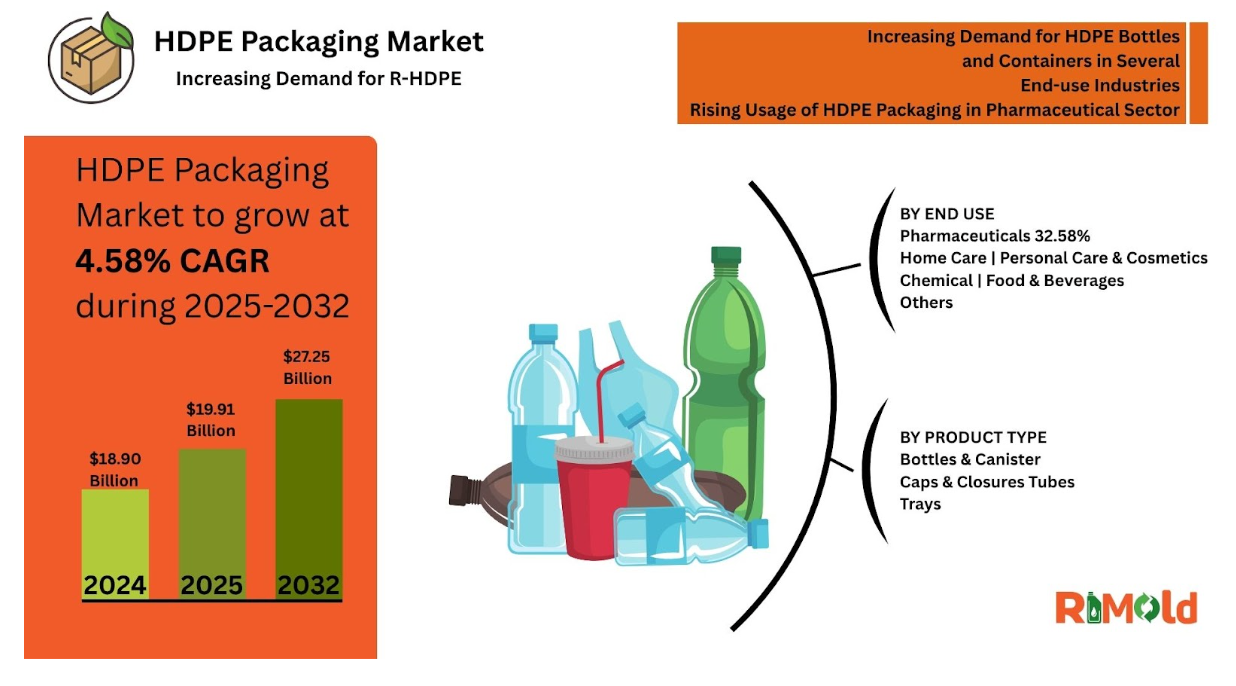
Ready to Make a Quantifiable Impact?
Meeting your environmental mandates and enhancing your brand's reputation doesn't have to be complicated. The next generation of sustainable packaging is here, and its benefits are backed by clear data.
Explore how Ribotl's innovative rHDPE products can help you achieve your sustainability goals and create packaging you can be proud of. Visit our rHDPE page to see the specs and partner with us in building a better future: https://www.ribotl.com/rhdpe
